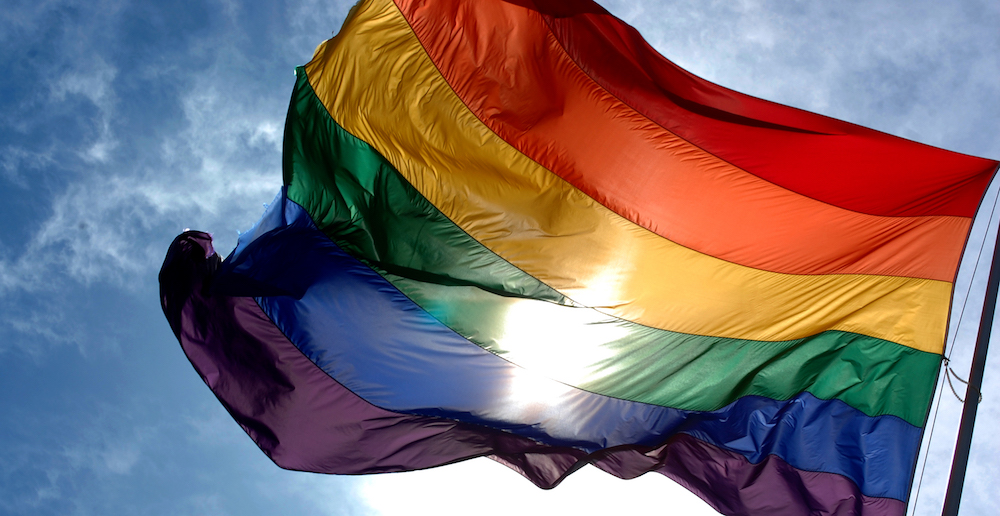Families and churches relinquished control over sex ed to public schools in the early 1970s. Now families and churches are reaping the whirlwind.
Initially, at least, public schools assumed control over sex ed to stop the spread of sexually transmitted diseases and halt teenage pregnancy. Parents were not doing a good enough job—and public health was at stake. Or so we were told. Public school mandates have expanded, however, to recommending non-vaginal sex, then to tolerance for same-sex sex, active affirming of same-sex relations as virtually normal, and finally to the affirmation of transgender identities.
Login to read more
Sign in or create a free account to access Subscriber-only content.
Topics:
